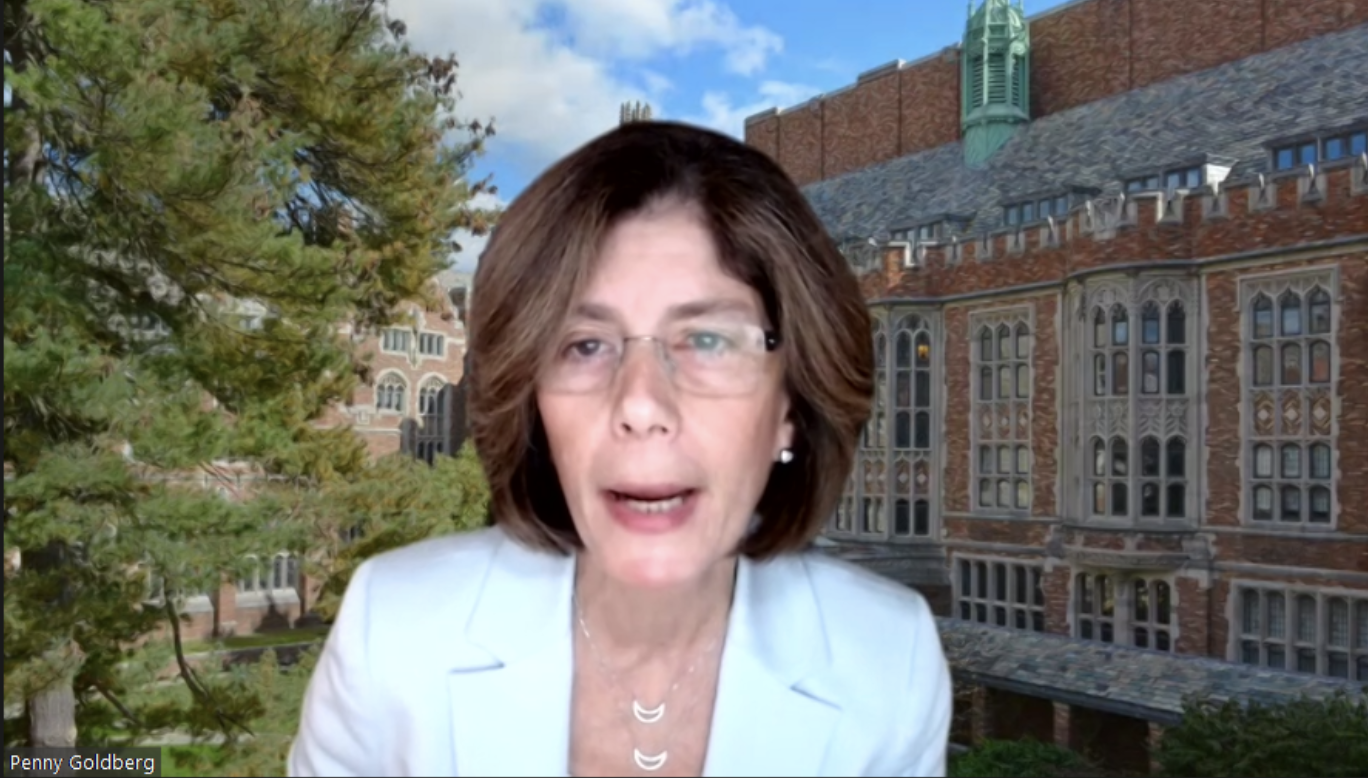Yale economics professor Penny Goldberg ’92 asserted that worldwide shortages in COVID-19 vaccines were due to a lack of demand rather than problems with the global supply chain during a Tuesday virtual speaker event.
“Contrary to what people often read in the newspapers, the global production capacity to serve the world population exists,” Goldberg said. However, many firms are unwilling to mobilize their capacity and produce more vaccines unless they are sure that countries are going to buy them. They do not want to hold on to expensive inventories that will not be put to use, she said.
The biggest obstacle to hitting target rates of vaccination in low-income countries is proving the situation’s urgency and creating real demand for vaccines, Goldberg explained. For countries already entrenched in debt and poverty, it is difficult to justify a wide-scale purchase of vaccines. This problem is further compounded by the fact that the numbers of COVID-19-related deaths in low-income and high-income countries are “orders of magnitude apart,” she said.
“This may come as a surprise, but the direct health impacts of COVID in low-income countries in Asia and Africa have been substantially smaller than the impacts in high-income or middle-income countries,” Goldberg said. “This is important in this context because many countries do not view vaccinations as a priority.”
Even if there was sufficient demand for vaccines in low-income countries, additional financial barriers would still bar access, Goldberg said. In particular, many countries have to borrow money on good terms from bodies such as the World Bank. With this lopsided supply and demand factored into political deliberations for financial aid, it comes as no surprise that low-income countries lag behind, Goldberg said.
“The factors that contributed to the current situation have very little to do with global supply chains,” she said. “They have a lot to do with failures of the political system with politics playing a more important role in this process than human lives.”
